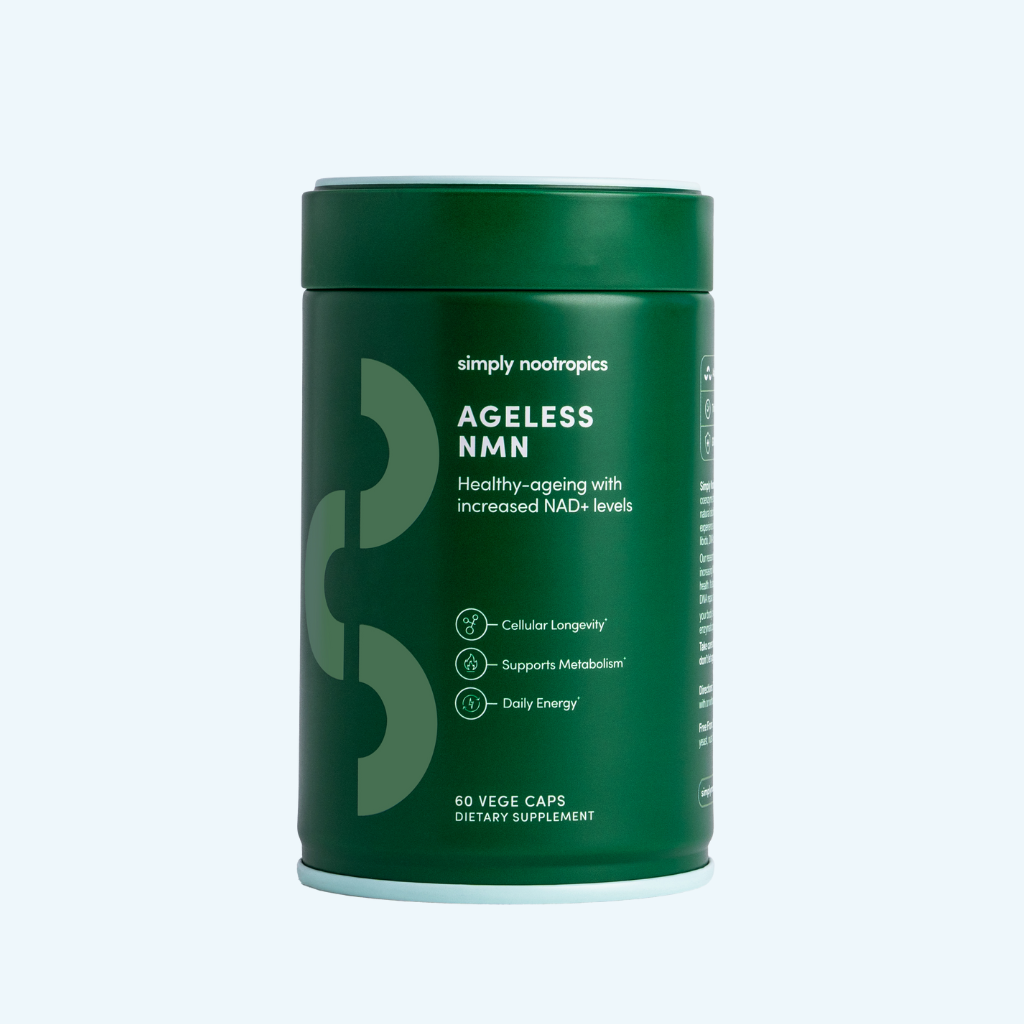Welcome to our weekly update on longevity news! This section is packed full of insights into ground-breaking research that can change forever our understanding of ageing and wellness. From cartilage regeneration breakthroughs to the paradox of cognition, and an exclusive peek into new NMN clinical trials, we’ve got it all covered here.
Cartilage Regeneration Breakthrough
Joint pain and arthritis are unfortunately very common issues as we age, often leading to decreased mobility and quality of life. However, a recent breakthrough in cartilage regeneration might be a game-changer. Researchers have developed a new technique that encourages the body to regrow cartilage in joints, potentially eliminating the need for joint replacement surgeries in the future.
The new technique leverages the body's inherent healing capabilities by introducing a scaffold made from biomaterials into the damaged joint. These biomaterials are specially designed to mimic the structure of natural cartilage, providing a framework for new cartilage cells to grow. The scaffold is combined with growth factors, which are proteins that stimulate cell growth and differentiation.
When introduced into the joint, this combination creates an environment conducive to cartilage regeneration. The growth factors attract the body's own stem cells to the scaffold, where they begin to form new cartilage tissue. Over time, the scaffold degrades naturally, leaving behind strong, functional cartilage.
The implications of this breakthrough are important: Joint replacement surgeries, while effective, come with significant risks and a lengthy recovery period. Plus, artificial joints have a limited lifespan and may need to be replaced eventually. In contrast, cartilage regeneration using biomaterials and growth factors offers a more natural and potentially permanent solution.
Patients suffering from osteoarthritis, rheumatoid arthritis, and other joint diseases could see a dramatic improvement in their quality of life, because the ability to regenerate cartilage naturally could lead to better outcomes with fewer complications.
The Paradox of Cognition
Have you ever felt overwhelmed by your own thoughts? It turns out that thinking too hard can actually make you unhappy. This paradox of cognition suggests that over-analyzing and excessive mental effort can lead to negative emotional states.
Researchers have found that when we engage in complex problem-solving or intense cognitive tasks, it can increase stress and reduce overall happiness. When you engage in complex cognitive tasks, your brain consumes a lot of energy. The prefrontal cortex, the part of the brain responsible for decision-making and problem-solving, becomes highly active. This intense mental effort increases the production of cortisol, the stress hormone. Elevated cortisol levels over long periods can lead to feelings of anxiety and depression, as well as physical health problems like high blood pressure and weakened immune function.
To counteract the negative effects of overthinking, it's important to also incorporate relaxation and mindfulness practices into your routine. Activities like meditation and yoga have been shown to reduce stress and improve overall mental well-being. These practices help lower cortisol levels, promote relaxation, and improve focus and concentration.
How Friends in High School Influence Your Genes
We all know that social connections are important for our well-being, but did you know that having friends in high school can actually influence your genes? A new study has revealed that social relationships during adolescence can impact genetic expression related to health and longevity.
Researchers discovered that the positive social interactions we have during our teenage years can lead to beneficial changes in our genes. These changes enhance our immune system and reduce inflammation, which are both key factors in long-term health. It's not just about having fun and making memories; your body is actually responding to these interactions on a genetic level.
Here’s how it works: our genes are not fixed; they can be turned on and off by different factors, including our social environment. When we have strong, supportive friendships, certain genes that promote immune function and reduce inflammation get activated. This process is known as "epigenetic regulation," and it shows how our experiences can influence our biology.
David Sinclair's MetroBiotech Lab
David Sinclair, a prominent figure in the field of longevity research, has been making waves with his work on NMN, the NAD+ booster. Sinclair's MetroBiotech lab is currently conducting several exciting clinical trials to explore the potential of NMN in enhancing human health and longevity.
One of the ongoing trials is investigating the effects of NMN on physical fitness and endurance in highly active individuals. Another trial is focused on understanding how NMN can cross the blood-brain barrier and potentially benefit patients with Alzheimer's disease. Plus, researchers are studying the impact of NMN on diabetic kidney disease, aiming to determine if it can counteract kidney damage and improve overall health outcomes.
Sinclair's work is paving the way for new therapies that could significantly extend healthy lifespan by targeting cellular and molecular processes. The promise of NMN and other NAD+ precursors in combating age-related decline is a hot topic in the field of ageing research.
We can’t wait to see more of Sinclair’s work and how his research is going to further validate the amazing benefits of NMN, the NAD+ booster. In the meantime, check out the over 30 clinical trials we’ve gathered and republished on our website. Stay informed and see how NMN could revolutionise health and longevity.















